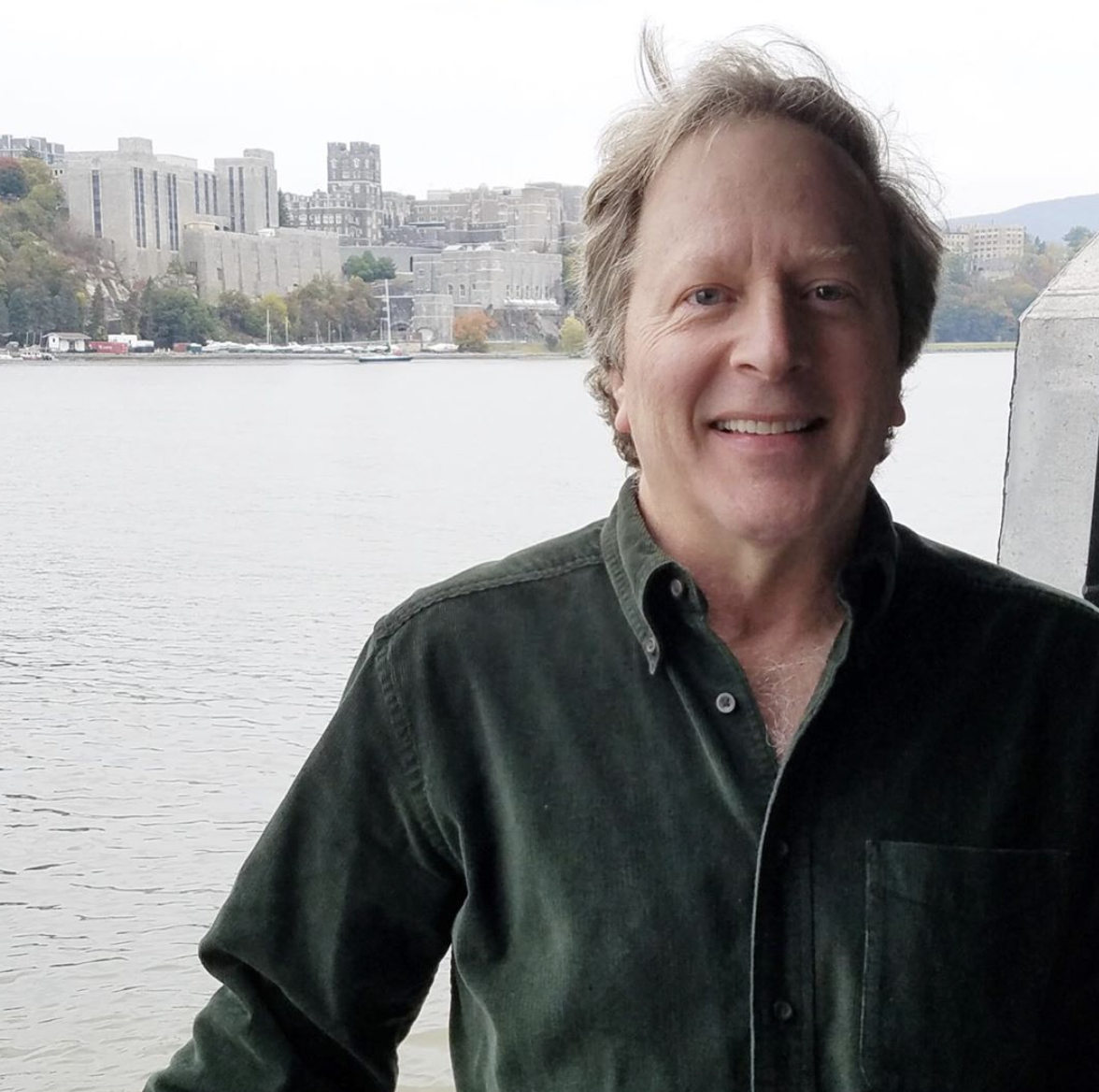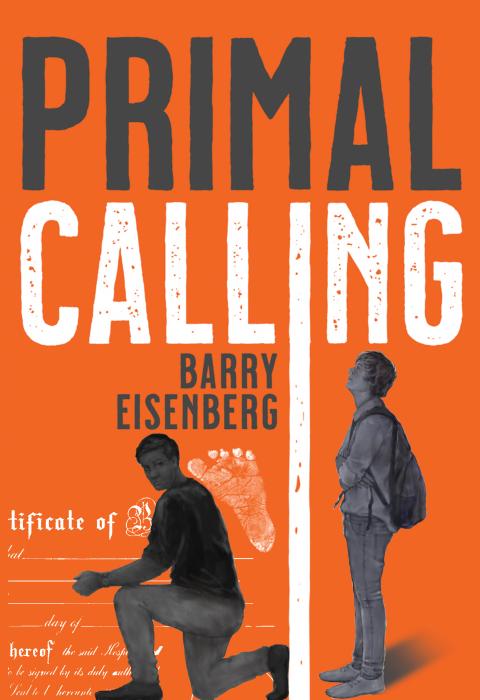Uplifted by Maria's Spirit
I have a clear childhood memory that was rekindled in recent weeks. I was about six years old, and my parents were excitedly preparing our home for a cousin’s forthcoming visit. It was not one of the cousins I already knew, and I could feel the heightened anticipation in the air. My parents seemed very eager and happy to be welcoming her. Maria lives in Poland, they told me, and this was to be her first visit to the United States. I also remember hearing them discuss the great lengths it took to arrange the trip. Much of it, I later learned, was planned by my father’s uncles in California, which is where Maria would spend most of the time on that trip as well on subsequent visits to the U.S. My parents also said that Maria would be bringing her son, Staczek, who was about my age, and I was excited about that. As I would come to learn, Maria was a remarkable person with an extraordinary life story.
When Maria arrived, she hugged everyone tightly, and she and my father shed some tears, something that seemed quite natural for her, unusual for him. I could see that he tried to disguise the emotionalism he was experiencing, quickly wiping the tears and doing his best to smile. I remember feeling relief when I saw that smile. I couldn’t decipher it at the time, but in retrospect his demeanor was equal parts giddy, awe, gratitude, and, paradoxically, melancholy.
After the greetings, Staczek and I were encouraged to go outside to play. It was a brisk autumn day, and I recall that he was wearing a gray coat with big black buttons and a gray woolen cap with a pronounced brim, clothing that looked nothing like what my friends and I wore. Staczek didn’t speak English and I didn’t speak Polish, but we somehow connected, running around the perimeter of the house and up and down the relatively steep driveway. His cheeks turned bright red from the crisp air and all our activity. We laughed together, enjoying a shared experience that didn’t require a common language. We had fun and I was hoping we might have some more time together. The visit, however, was brief – Maria and Staczek left either that evening or early the next morning. I don’t remember saying good-bye.
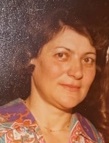
That was the first time that Maria and my dad had ever met. Maria’s mother, Irena, and my dad’s mother, Ida, were sisters, both born in Krasnystaw, Poland in the 1890s. Krasnystaw is located close to Poland’s eastern border and is relatively equidistant between north and south, much like where Atlanta sits in the United States. Just to the east is Ukraine, and for about a hundred years, until 1916, that part of Poland was controlled by Russia.
Ida and Irena had four brothers, Max, Sam, Charlie, and Isaac. There were additional siblings, but none survived after their birth. With the exception of Irena, the others all left Poland. First to leave was my Grandmother Ida in 1918, coming to the United States with their daughter, Doris, to join my grandfather who had arrived five years earlier to set up what they had hoped would be a more prosperous life.
The four brothers left shortly after World War I. The route to America was not as direct after the war. Sam and Charlie spent some time in an internment camp in Holland before making their way to Canada, where they earned money as bootleg drivers. Next stop, Michigan, and then New York before eventually settling in California.
Irena married Max Binder in 1920. Their first child, Jonas, was born in 1921. A second son, Zelek, was born in 1926. Maria was born on June 14, 1932.
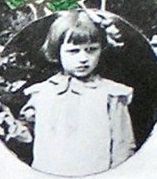
Not long after, there were rumblings about the safety of Jews in Poland. Aware that the window of opportunity to vacate was rapidly closing, the family members already in the United States pleaded with Irena and Max to leave Poland. Irena and Max owned a general store which they felt passionate about, and they had long-standing roots in the community. Thus, despite the appeals from her siblings, Irena and Max chose to remain in Poland.
In 1939, when Maria was seven years old, the Nazis invaded Poland. It was a devastating and rapid onslaught, known as the Blitzkrieg. The Jews in Krasnystaw were forced to abandon their homes and move into a small, confined area of the town, a ghetto.
In 1942, as the ghetto was being liquidated, Maria’s brother, Zelek, just seventeen, was shot and killed.
Maria’s parents, desperate to find some way to save their family, stayed in the homes of various acquaintances. A year later, in 1943, Irena and Max, presumably trusting it was safe, decided to make a quick visit to their hometown to check on their house and store. They took Jonas along, but since Maria was so young, they thought it best to leave her with the Greber family, who had taken them in.
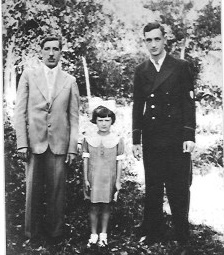
The Grebers, a Catholic family, lived in the nearby city of Lvov. In harboring Maria, the Grebers boldly and heroically took a risk with potentially dire consequences. Families who were caught hiding Jews typically paid the ultimate price. There was no bargaining on this matter, no questions asked – hiding a Jew was an offense punishable with a swift and fatal sentence.
Spotting Irena, Max, and Jonas, a neighbor in Krasnystaw contacted the authorities who swooped in.
What motivated that neighbor? Did he believe that if he was found to be aware of the Binders’ presence and didn’t take such action, his fate would be certain death? Was there some reward for turning people in? Was it necessary to demonstrate allegiance to the regime from time to time through such acts? Had he come to believe the propaganda about the evilness of Jews?
Maria waited with the Grebers for her parents and older brother, but Irena, Max, and Jonas were never to return. All three had been killed. Suddenly, in the space of one day, Maria was an orphan, and at ten years old the only remaining member of the family into which she was born.
Rather than taking the chance of allowing Maria to venture out in the world, even with a new identity, the Grebers determined it best to keep her hidden for the balance of the war. One day, a police officer banged on the door, alleging that Jews were being secretly sheltered in their home. It took an enormous act of bravery, in the form of some deft persuasion on the part of Mrs. Greber, as well as a bribe, to settle the matter.
The survival rate of children during the Holocaust was dreadfully low. But even survival by being hidden often came with a high price – living with the trauma of devastating family loss, having to abandon family and religious identities, spending years believing their presence may be a threat to the kind families who took them in, or as chronicled by some surviving children, being poorly treated, or worse, by the family.
Maria was among the fortunate. The Grebers provided a caring home, treating Maria as one of the family. Eventually, in 1954, Maria married Janik, one of the Greber’s sons.
On that first trip to the United States, Janik stayed behind. Maria was given permission by the Polish government to travel to the U.S. because she had family there. No such accommodation could be made for Janik at that time.
Maria and Staczek spent a full year in California at that time. There, she learned to speak English and quickly became fluent. She also developed strong bonds with Sam’s daughters and, over the years, their children and their grandchildren. Maria periodically returned to the U.S. to attend their graduations, weddings, and other family celebrations.
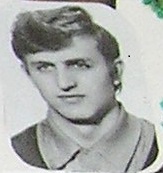
When Staczek was 22 years old, he was given a coveted motorbike for his birthday. On one of his very first outings, his bike collided with a truck and he was killed instantly. Not even in the most remote recesses of my imagination can I understand how Maria could absorb such a tragedy and its compounding effect on all the heart-wrenching losses she had already endured.
I saw Maria only about five or six times in my life. My most vivid memory is from 1988, when she and Janik came to our house in New Jersey for an afternoon visit and dinner. I was thrilled that they and my family would finally meet. It was heartwarming to see the instantaneous affection that Maria and Janik felt for our children, which was reciprocated in abundance. Janik, who spoke virtually no English, got onto the floor and, with exuberant playfulness, had the children climb aboard his back for “horseback” rides. The giggles all around couldn’t be contained.
I stared at Maria, so pleased for her apparent delight at the children’s glee. But I was clueless about what she might have been experiencing inside. Maria had lost every immediate blood-relative she’d ever known. Her parents and brothers abruptly disappeared from her life, becoming victims of the most inconceivable and heinous butchery. Staczek’s birth created an opportunity for moving forward. Not that she would ever forget the past, of course, but a child invigorates hopefulness; Staczek’s very existence could nudge her thoughts to the meaningfulness of the moment and toward dreams of a future, even of grandchildren. And then Staczek, too, was tragically and horrifically taken from her.
Where does she put this immeasurable pain?
When I was young, family lore centered on how strong Maria was, that she persevered through unspeakable brutality and sadness. Absolutely true. But I have come to learn that Maria was not necessarily suppressing her impossible grief. She was genuinely and deeply grateful for what she had, and it enabled her to avoid dwelling in anguish for all that she lost. I imagine that every day, in her heart, she carried her parents, her brothers, and her son, all taken violently, and all taken too soon, but she was less weighted down than she was buoyed by the memory of their love.
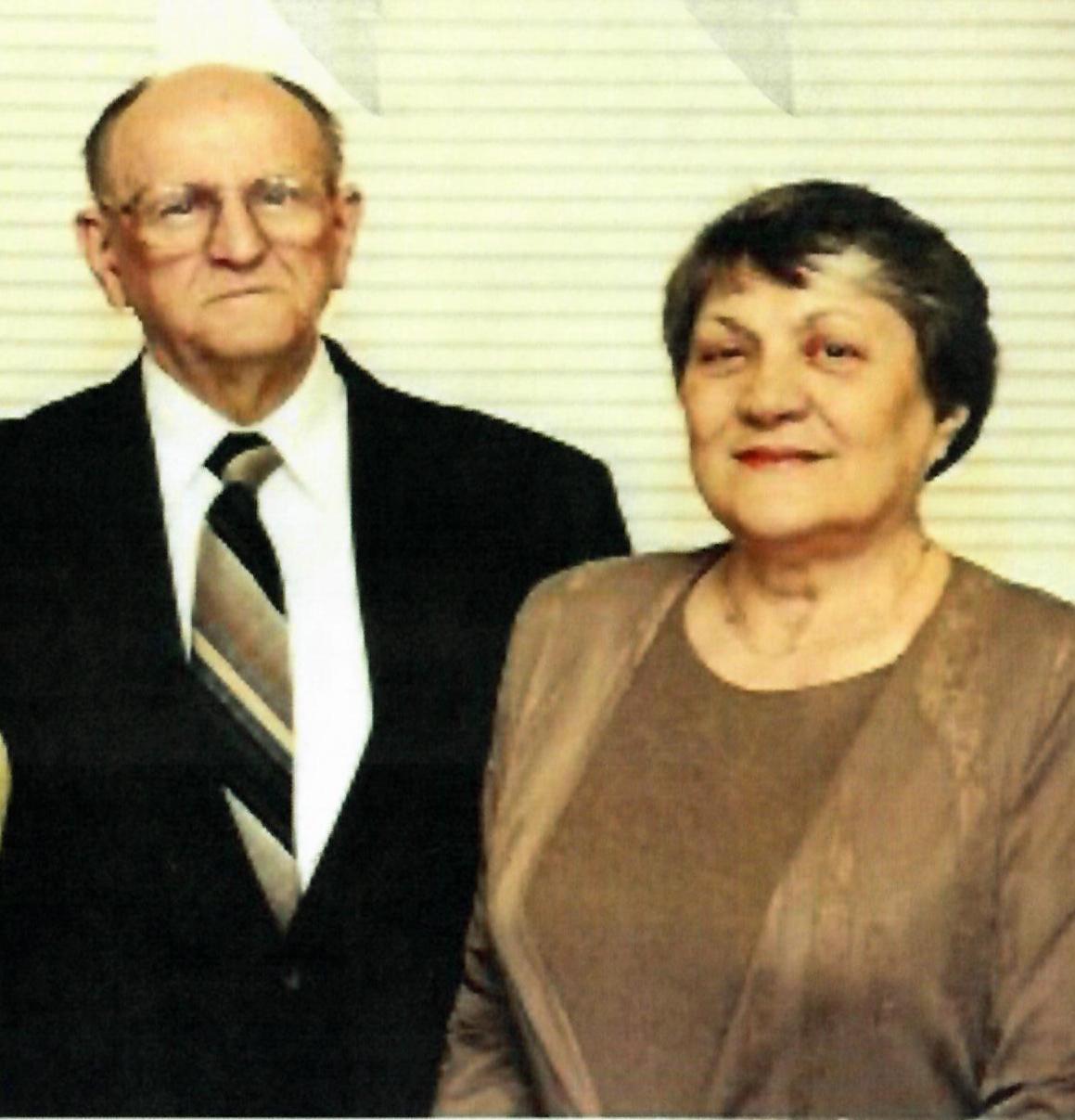
My California relatives who were closest to Maria told me that she was reluctant to discuss her parents and brothers beyond acknowledging the basic facts. Out of respect, they didn’t push her to open up about how it affected her. She may not have wanted to burden them. Or perhaps she was determined to reserve her relationships with family exclusively for life’s joys.
But Maria did find an outlet to discuss the tragic side of her life story. She was active in a hidden children’s organization. Maria arranged and participated in meetings, and as a librarian, she had access to materials and repositories of information that could serve the organization’s purpose. In that space, she and those with similar histories could share what was unknowable, even unthinkable, to those who hadn’t experienced it.
In 2011, my son Jesse spent a couple of weeks with Maria in her apartment in Szczecin, Poland, which was on the other side of the country from Krasnystaw. It is where she had lived for most of her adult life. Janik had passed away, succumbing to pancreatic cancer a couple of years before Jesse’s visit. Photos of all her U.S. family members were displayed throughout her small apartment. Jesse found Maria to be quite layered, and he was taken by her underlying complexities and seeming contradictions – she was both strong and vulnerable, pained and hopeful, reserved and expressive. In his play, The Revisionist, Jesse offered a fictionalized account of how such ostensible inconsistencies can manifest and resolve, with the relationships with family and lifelong friends constituting the rock-solid core of what sustained her.
Sadly, Maria died just a few weeks ago. She was 89 and had been hospitalized in Poland with covid. At her bedside, her doctor kindly read the letters many wrote to her. Hearing our get-well wishes lifted her spirits and made her smile. Unfortunately, however, our good wishes and her strong will were no match for the ravenous virus.
Maria’s life story is significant. It is emblematic of a dark time in world history, and her story is one of perseverance and hope in the face of adversity. Maria exemplified the most admirable kind of dignity, allowing herself to discover joy and even a sense of peace by honoring and respecting all whose paths she crossed.
Maria must surely have understood more than most how valuable and how precious those in our lives are, and how easily they can be taken from us. And, thus, rather than submitting to the nightmarish pain that could have swallowed her, imbuing her with bitterness, and even despair and hatred, Maria rose above it. Not with a superhuman strength, but with grace, decency, and reverence for life and love. That is Maria’s gift to all of us, the most generous and inspirational legacy imaginable.
